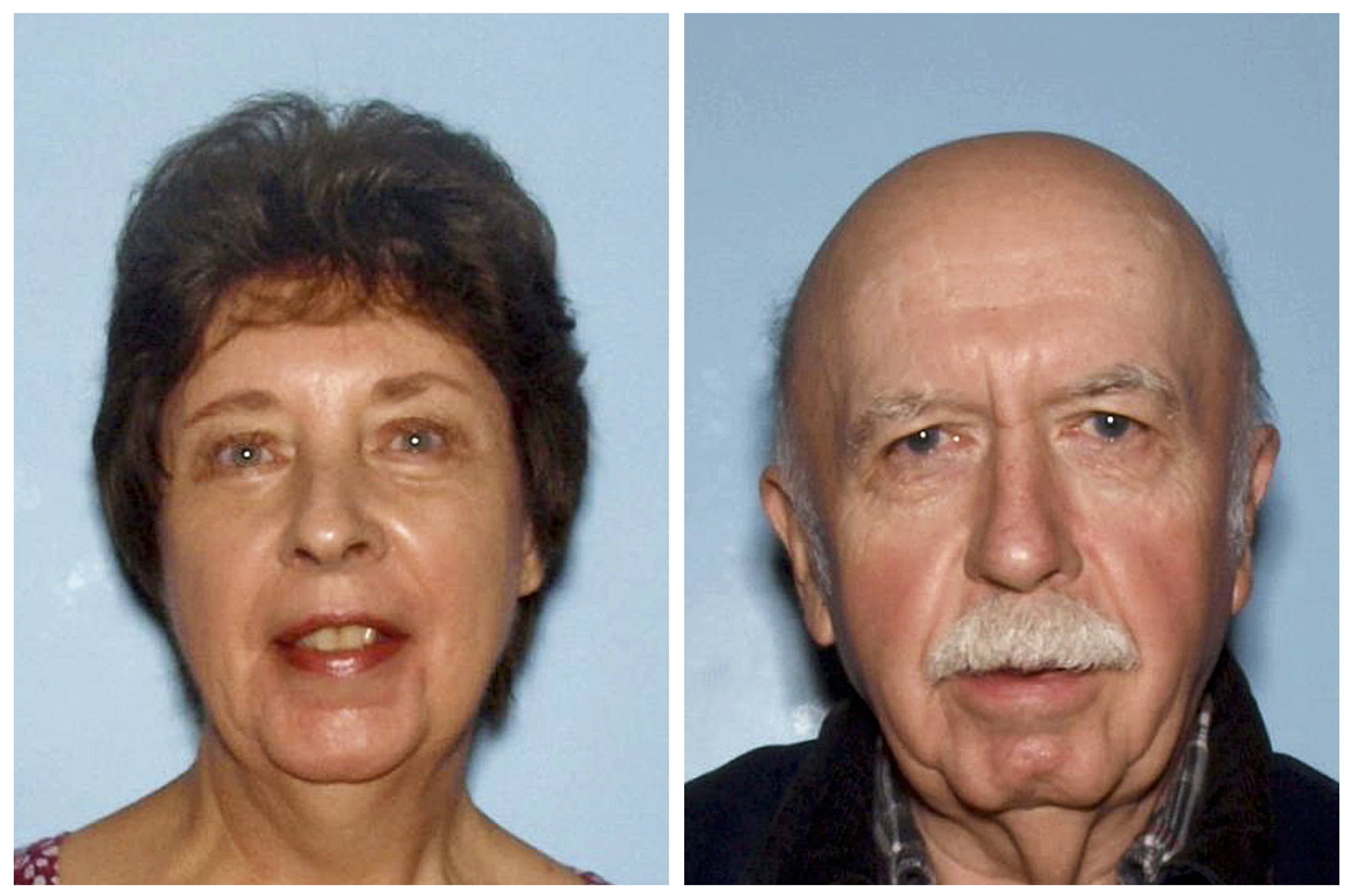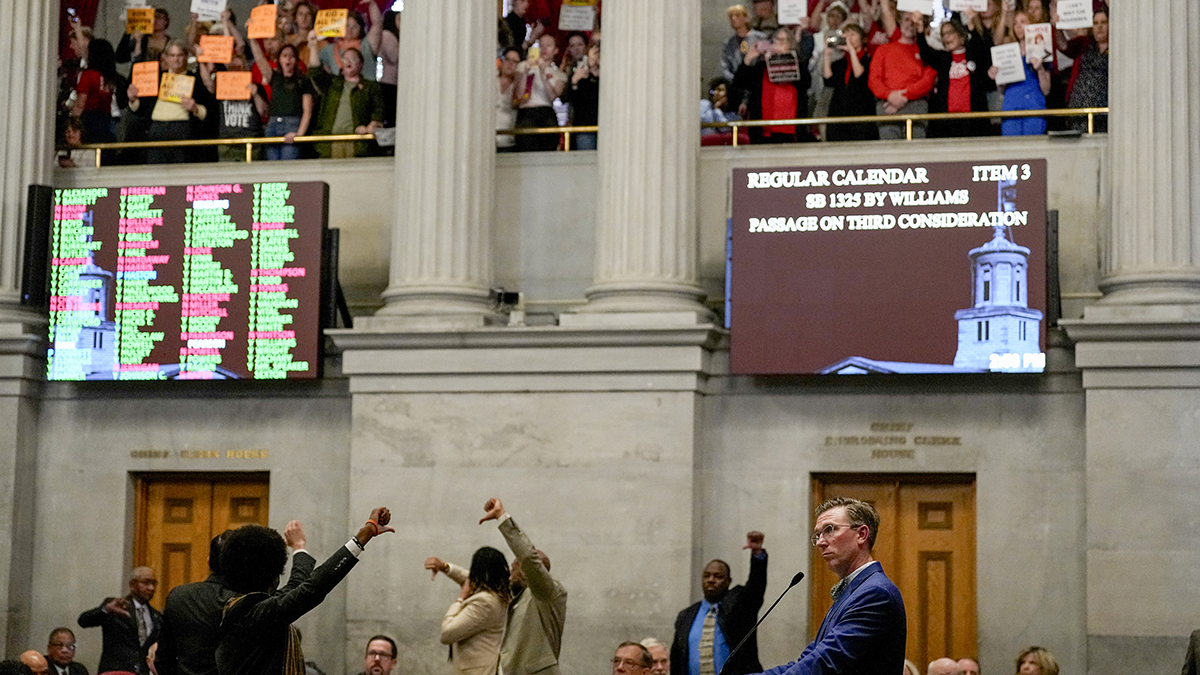What to Know
- A contractor with city contracts worth several million did $40,000 worth of home improvement work at Mayor Eddie Perez’s home in Aug. 2005..
- The work was valued at approximately $40,000, but officials said Perez paid in July 2007, but only paid $20,217.
- Perez relinquished his duties in June 2010 after being convicted on corruption charges.
The Connecticut Supreme Court has upheld an appellate court decision on the corruption convictions of former Hartford Mayor Eddie Perez and decided the extortion and bribery cases should have been tried separately instead of together.
Soon after the decision came down, state's attorney Kevin T. Kane released a statement saying he intents to retry the cases.
Perez was convicted in June 2010 of receiving a bribe from a city contractor in the form of home improvements and trying to extort a $100,000 payment from a developer.
He wanted to testify on the bribery charges, but exercised his fifth-amendment rights on the extortion charges, but the court denied it.
In 2013, an appellate court ruled that the trial court improperly combined the two corruption cases into one trial, which ended with Perez's conviction and a three-year prison sentence for taking a bribe and attempted extortion.
U.S. & World
He remains free on bail.
The Charges:
In the bribery case, Perez was convicted of allowing city contractor Carlos Costa to perform free renovations to his Bloomfield Avenue home in Hartford in exchange for keeping Costa on the Park Street revitalization project which was plagued by delays and cost overruns. Perez eventually paid $20,000 for $40,000 for the work, but only after a grand jury questioned him about it.
In the extortion case, Perez was convicted of ordering developer Joseph Citino to pay $100,000 to political boss Abraham Giles to redevelop a Main Street parking lot Giles ran that sat next to a vacant building. Citino planned to revitalize both properties, but the deal fell through when he realized Giles was not leasing the lot from the city and had no lease termination fee.
Prosecutors said Perez allowed Giles to run the lot and ordered that payoff to get Giles to back his 2007 re-election bid.
Perez also allowed Giles to run another Main Street parking lot without a lease. This deal was not part of the criminal case, but jurors still heard testimony about it at trial. It's something the defense says should not have been allowed.
The Decision:
Supreme Court justices heard arguments in October and released the decision today.
"We conclude that the trial court improperly denied the defendant’s first motion to sever because the motion was timely filed and his accompanying proffer, as to his need to testify in the bribery case, was sufficient to meet the foregoing standard," the decision states. "At that point in the proceedings, the defendant adequately demonstrated that his interest in testifying on his own behalf in the bribery case outweighed the considerations of judicial economy that had justified joinder at the outset of trial."
The justices decided that, if Perez could convince the jury that he had intended to pay for the renovation work all along, that he had attempted to do so much earlier than the state had contended and that he had a good reason for the delay in payment, it would rebut the evidence that he accepted a benefit from Costa, an essential element of bribery.
"Weighing the defendant’s need to testify in one case and his need to refrain from testifying in the other against considerations of judicial economy, we conclude that the trial court’s denial of the defendant’s first motion to sever was an abuse of discretion because joinder of the cases, at that point in time, caused the defendant substantial prejudice," the decision states.
The decision goes on to say, "Saving government resources through judicial economy is a legitimate concern. On the other side of the scale, however, is a defendant’s right to a fair trial at which his constitutional right to testify on his own behalf has not been unfairly impeded."



